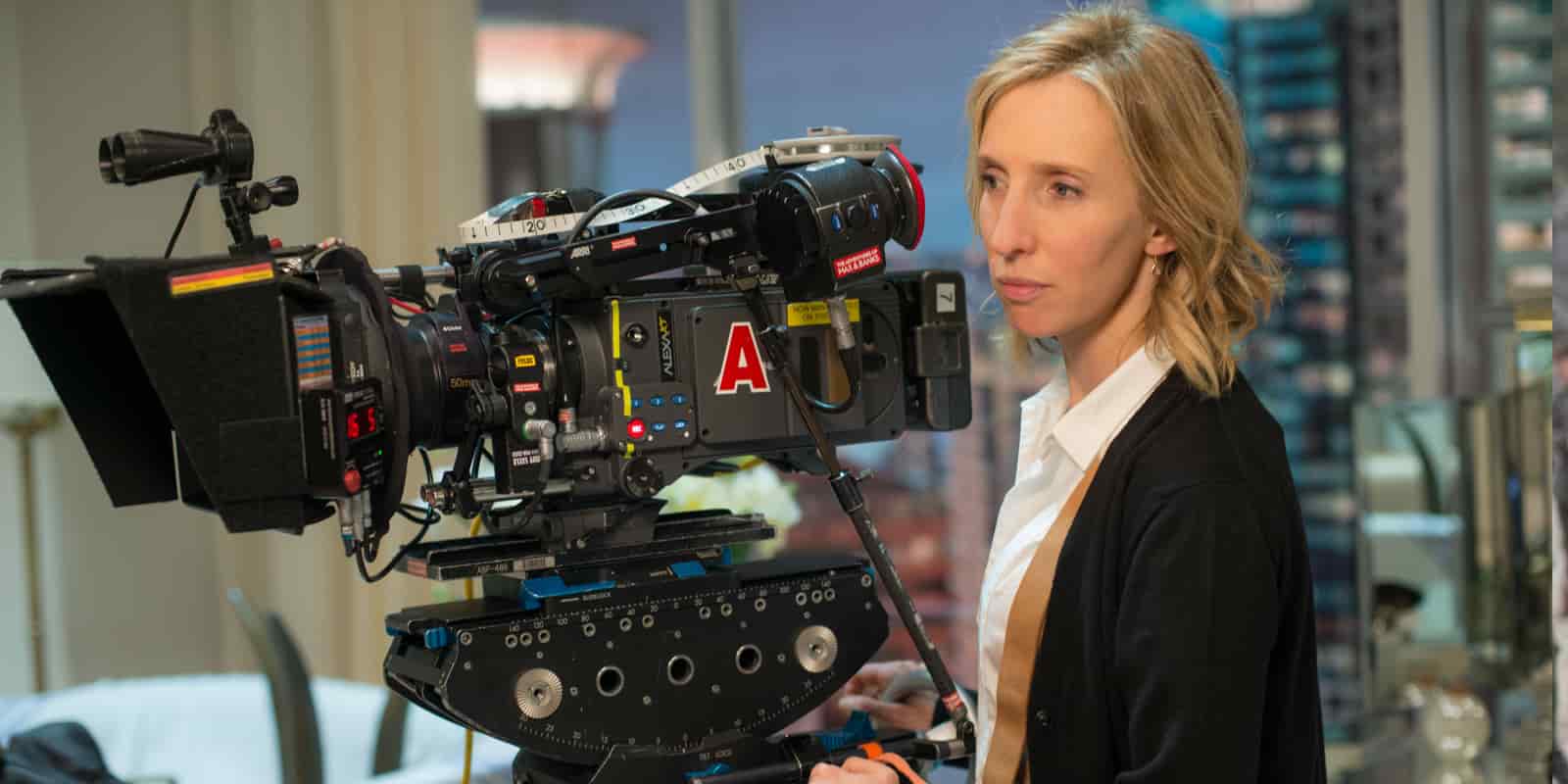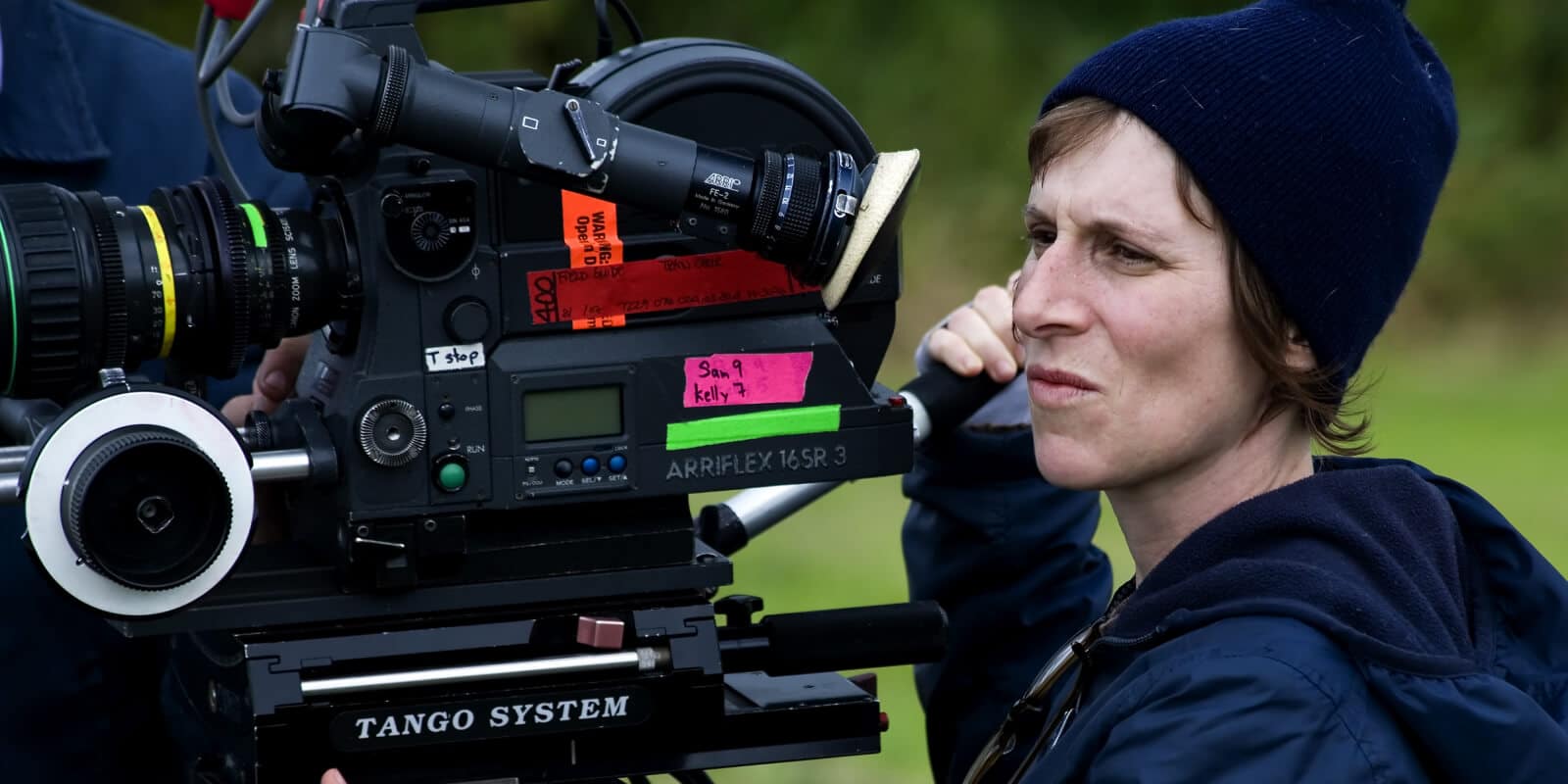Understanding The Director Of The Thing: A Look At This Key Corporate Role
Detail Author:
- Name : Hiram Mitchell
- Username : hilton07
- Email : vjerde@balistreri.biz
- Birthdate : 1993-04-28
- Address : 5812 Karine Landing North Myrna, NM 01223
- Phone : (385) 853-7462
- Company : Heathcote and Sons
- Job : Food Preparation Worker
- Bio : Unde sed ut non eveniet. Corrupti voluptatem quia enim quia nesciunt deleniti officia. A quibusdam deleniti qui omnis molestiae ut dolor.
Socials
facebook:
- url : https://facebook.com/eloisa.tremblay
- username : eloisa.tremblay
- bio : Corrupti porro aperiam iure voluptas id et quisquam dicta.
- followers : 6388
- following : 681
twitter:
- url : https://twitter.com/eloisa.tremblay
- username : eloisa.tremblay
- bio : Error qui nisi beatae accusamus quia. Porro temporibus quasi neque reiciendis totam. Totam ut laboriosam qui expedita voluptatem rem.
- followers : 6176
- following : 478
instagram:
- url : https://instagram.com/eloisa.tremblay
- username : eloisa.tremblay
- bio : Commodi et corrupti ab ut omnis. Provident id omnis est voluptatem sunt beatae.
- followers : 3616
- following : 2916
Ever found yourself scratching your head when someone mentions a "director" at a big company? It's a title that pops up everywhere, from the boardrooms of international finance groups to the credits of your favorite video games. Yet, what it truly means can sometimes feel a bit hazy, a bit like trying to catch smoke. This role, the "director of the thing," is often a pivotal spot, shaping how a business moves forward, or even how a creative project comes to life. It’s a position with a lot of weight, you know, even if its exact duties can vary a lot depending on where you are.
You see, in many foreign companies, especially those in the financial sector, you’ll hear titles like Vice President, Director, or Managing Director. These sound really grand, don't they? But in a lot of cases, these are more about a job level or a professional rank within the company structure, rather than a literal description of what someone does every single day. It's not always about directing a huge team or a massive project in the way you might first think, which is, honestly, a bit of a surprise for many people.
This article aims to pull back the curtain on what it means to be a "director of the thing." We'll explore the different ways this title is used, what kinds of responsibilities typically come with it, and why it can sometimes cause a bit of confusion. By the end, you'll have a much clearer picture of this important role, and perhaps, you'll even spot some pathways if this kind of leadership position sparks your interest, too it's almost.
Table of Contents
- What Exactly is a Director?
- The Many Faces of a Director
- Responsibilities and Influence
- Climbing the Ladder: Becoming a Director
- Why the "Director" Title Can Be Confusing
- Frequently Asked Questions About the Director Role
What Exactly is a Director?
At its heart, a "director" is someone who guides or manages a particular area, department, or project within an organization. This is, you know, a pretty broad definition. In many large corporations, especially those with an international footprint, the "Director" title often represents a specific rung on the career ladder. It's a senior position, usually above a manager or senior manager, but often below a Vice President or a Managing Director, in some respects. It's a role that signifies a certain level of experience and trust within the company's structure.
Think of it this way: if a company has a lot of different parts, a director might be in charge of one of those big parts. They might oversee a whole product line, a regional office, or a major function like marketing or operations. It's a role that carries significant weight, and often involves making decisions that affect a good number of people and resources, apparently. The person in this spot is expected to provide direction, offer guidance, and ensure that their part of the business is doing what it needs to do to help the whole company succeed.
My text tells us that for foreign companies, particularly those in finance, titles like "Director" are often more about the job level itself, kind of like a professional qualification or a rank. It's not always about being the absolute top boss, but it's certainly a step up, signifying a person with a good deal of experience and a fair bit of influence within their specific area, in a way. This distinction is really important for anyone trying to figure out how these big companies are set up.
The Many Faces of a Director
The term "director" is quite versatile, you know, adapting its meaning depending on the industry and the specific context. What a "director of the thing" does in a tech company might be quite different from what a "director of the thing" does in a hospital or a film studio. This flexibility is part of what makes the title so interesting, but also a little bit tricky to pin down at times, naturally.
Corporate Director: More Than Just a Title
Within the corporate world, the "Director" title is a key part of the organizational structure. It's a step up from a manager or a senior manager, and it often involves overseeing a larger scope of work, perhaps even multiple teams or projects. My text highlights that in foreign companies, especially in finance, you'll see a clear progression: Manager, then Senior Manager, then Director, then Senior Director, and finally Vice President. This shows that "Director" is a solid mid-to-senior level role, a very important part of the leadership chain, as a matter of fact.
These corporate directors are often responsible for strategic planning within their department or division. They set goals, manage budgets, and make sure that their team's work aligns with the company's broader objectives. They're also key in developing talent, mentoring staff, and solving problems that come up on a day-to-day basis. It's a role that requires a blend of leadership, operational know-how, and a good eye for the big picture, you know, pretty much.
Beyond just the general "Director" title, there are also more specific types, especially when you look at board structures. My text mentions several: an Executive Director, for example, is usually an employee who also sits on the board, helping to run the company day-to-day. Then you have Representative Directors of Shareholder, Independent Non-Executive Directors, and even Employee Directors. These are all "directors," but their roles and responsibilities can be quite distinct, often dealing with governance, oversight, and representing different groups' interests, too it's almost.
Directors Beyond the Boardroom
The "director" title isn't just for suits in corporate offices; it shows up in creative and technical fields too, which is kind of cool. For instance, in the world of video games, you have a "Game Director" who is responsible for the overall creative vision of a game. They make sure all the different parts—the story, the art, the gameplay—come together to create a cohesive experience. My text brings up the example of "FF13" where people often criticized the "Director" (Toriyama Motomu) rather than the "Producer" (Kitase Yoshinori), showing how central the director's vision is perceived to be in that industry, in fact.
Similarly, in the past, the software "Director" was a huge deal, a really powerful tool for creating multimedia content, like interactive CDs and educational programs. It was the "director" of the show, pulling together animation, sound, and text into engaging experiences. This just goes to show how the concept of "directing" something—whether it's a team, a project, or a creative piece—is about bringing things together and guiding them towards a specific outcome, right?
So, while the corporate "Director" focuses on business strategy and operations, a "Director" in other fields might be more about artistic vision or technical execution. What ties them all together is the idea of leadership, guidance, and a significant amount of responsibility for the "thing" they are directing, in some respects. It's a title that means someone is at the helm, making important calls.
Responsibilities and Influence
The core responsibilities of a "director of the thing" usually involve a mix of strategic thinking and hands-on management. They're often the bridge between senior leadership and the teams doing the day-to-day work, which is a pretty vital spot. They translate big company goals into actionable plans for their department or project, making sure everyone is pulling in the same direction, you know, pretty much.
A director typically has a good deal of say in decision-making for their area. This could involve approving budgets, hiring new staff, setting performance targets, or choosing which projects to prioritize. They're expected to identify opportunities for growth, spot potential problems before they become big issues, and come up with smart solutions. It's a role that requires a lot of foresight and the ability to think critically, naturally.
They also play a huge part in developing their teams. This means mentoring individuals, providing feedback, and making sure people have the resources and training they need to do their jobs well. A good director fosters a positive work environment, encourages collaboration, and helps their team members grow in their own careers. It's about leading by example and building strong, capable groups, often.
In many ways, the influence of a director stretches beyond just their immediate team. They often work closely with other directors and departments, making sure that different parts of the company are working together smoothly. This cross-functional collaboration is super important for big projects or company-wide initiatives. They're basically connectors, helping to keep the whole operation running like a well-oiled machine, too it's almost.
Climbing the Ladder: Becoming a Director
Reaching the "director of the thing" level in a company usually means you've put in a lot of hard work and gained a good amount of experience. It's not a spot you just land in; it's a progression that often starts from entry-level positions, moving through various management roles. My text points out a typical path: you might start as an individual contributor, then become a Team Leader, Supervisor, Coordinator, Manager, then Senior Manager, and then, finally, a Director. This shows a clear path of increasing responsibility, you know, pretty much.
To get to this level, you generally need to show strong leadership qualities. This means being able to inspire and motivate others, make tough decisions, and communicate clearly. You also need to have a deep understanding of your specific field or industry. Companies look for people who can not only manage daily operations but also think strategically about the future, which is, frankly, a big deal.
Beyond just technical skills, developing "soft skills" is really important. Things like problem-solving, negotiation, conflict resolution, and adaptability are crucial for a director. You're often dealing with complex situations and a lot of different personalities, so being able to handle those situations gracefully is a huge plus. It's about being a well-rounded leader who can handle a variety of challenges, right?
Many people who become directors also have a strong track record of achieving results. They've consistently met or exceeded goals, delivered successful projects, and contributed significantly to their previous roles. This consistent performance builds trust and shows that you're ready for more responsibility. It's a spot that demands proven capability, and you know, a fair bit of grit, too.
Why the "Director" Title Can Be Confusing
The "director of the thing" title, while important, can sometimes be a source of confusion, especially for those not familiar with corporate structures, or for people from different cultural backgrounds. My text makes a really good point about this, explaining that in foreign companies, particularly financial ones, titles like Vice President, Director, and Managing Director often signify a "job level" or "rank" rather than their literal meaning. This means a "Director" might not be literally "directing" a huge, independent operation, but rather holding a senior rank within a larger division, as a matter of fact.
For example, in some companies, a "Vice President" might be a common senior role, while a "Director" sits just below them. In other places, a "Managing Director" might be the equivalent of a CEO or general manager. This variation means you can't always assume what someone's exact responsibilities are just from their title. It really depends on the specific company and its internal hierarchy, you know, pretty much.
This difference in interpretation can lead to misunderstandings, especially when people from different corporate cultures interact. What one company calls a "Director," another might call a "Head of Department" or a "Senior Manager." It highlights the importance of looking beyond just the title and trying to understand the actual scope of someone's role and their place within the organization. It's a bit like different dialects of the same language, honestly.
So, when you hear "director of the thing," it's always a good idea to consider the context. Is it a big multinational firm? What industry are they in? Understanding these nuances helps clear up any confusion and gives you a much better picture of what the role truly involves. It's a little bit of detective work, really, but it's worth it to get the full picture, in a way.
Frequently Asked Questions About the Director Role
Here are some common questions people have about the "director of the thing" role:
Is a Director a senior position?
Yes, typically, a Director is considered a senior management position within most corporate structures. They are usually above managers and senior managers, holding significant responsibility and influence within their specific department or division. It's a pretty important spot, you know.
What's the difference between a Director and a Vice President?
This really depends on the company, but generally, a Vice President (VP) is a higher rank than a Director in many organizations, especially large foreign companies. My text indicates a common progression where Director leads to Senior Director, then Vice President. However, in some financial foreign companies, a "VP" can be a fairly common senior title, while "Director" might be even higher in some specific contexts. It's a bit confusing, honestly, and varies quite a bit, so.
Can a Director be on the company's board?
Yes, absolutely. My text specifically mentions "Executive Director," who is an employee also serving on the board. There are also "Independent Non-Executive Directors" and "Employee Directors" who sit on the board but might not be involved in the day-to-day running of the company in the same way. So, yes, a director can definitely be a board member, which is a pretty big deal, too it's almost.
Understanding the "director of the thing" means looking past the simple title and appreciating the many forms this role can take. It’s a position that demands leadership, strategic insight, and a knack for getting things done, no matter the industry. Whether it’s guiding a corporate department or steering the creative vision of a game, a director plays a crucial part in bringing ideas to life and making things happen. It’s a role that continues to evolve, and you know, it's pretty central to how organizations function today. For more information on corporate structures, you can check out this resource on corporate titles. Learn more about leadership roles on our site, and link to this page about career progression.

Film Director: Occupations in Alberta - alis

The Best 67 Female Film Directors Working Today (2020)

The Best 67 Female Film Directors Working Today (2020)